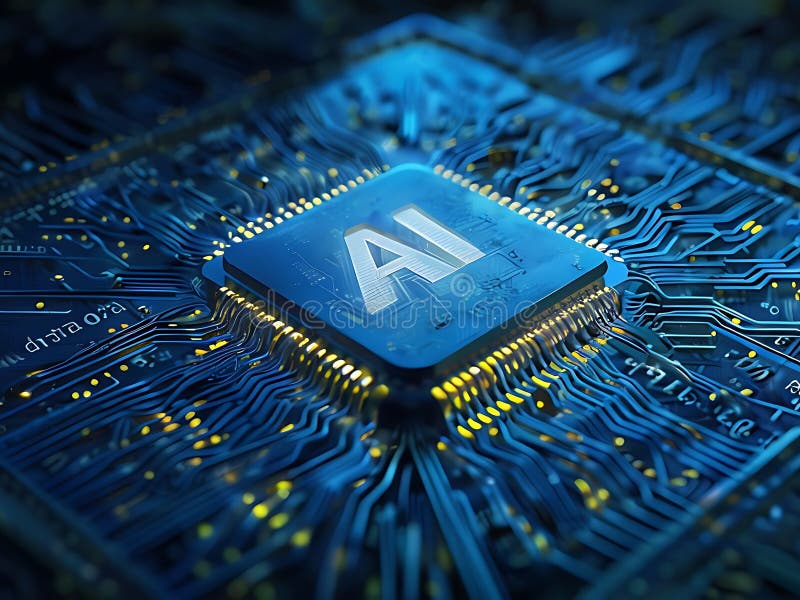- Get link
- X
- Other Apps

In 2025, the world is witnessing an AI chipset revolution that is reshaping how machines learn, think, and interact with the world around us. This year marks a turning point in artificial intelligence hardware, as top-tier companies unveil chipsets built specifically for next-gen applications. 🌍🔍
These chips are designed to handle vast amounts of data in real-time, process human-like speech, generate realistic media content, and power personal devices—all with unprecedented speed and efficiency.
From NVIDIA's Grace Hopper Superchips to Apple's new M-series Neural Engine, and Google’s advanced TPU v5, this year’s releases are setting new records in AI performance.
Why It Matters: As AI tools like ChatGPT, Gemini, Midjourney, and Sora become part of everyday workflows, businesses and consumers alike need the speed and power these new chips offer. These chipsets deliver benefits like:
- 🧠 Smarter, faster natural language understanding
- 🎨 Instant content generation (text, image, video)
- ⚡ On-device inference with lower latency
- 🔋 Enhanced power efficiency for mobile and edge devices
This leap forward means your phone, laptop, or even your car will become far more intelligent in the coming months. 💡
Key Benefits for Users:
- Real-time video editing powered by AI accelerators 🎞️
- Medical diagnostics with immediate image recognition 💉
- Improved autonomous driving with faster AI inference 🚗
- More secure biometric authentication systems 🔐
Who's Leading the Race in AI Chipsets?
- Apple: The latest M3 Ultra Chip offers Neural Engine performance up to 45% faster, with seamless integration into macOS and iOS for on-device AI.
- NVIDIA: With the new Grace Hopper Superchip, NVIDIA is targeting LLM training—reducing training time for models like GPT-5 by 80%.
- Google: TPU v5 chips now offer nearly 2x more performance per watt compared to TPU v4. Great for cloud-based AI tasks like translation and search indexing.
- AMD: The MI300 series accelerators are optimized for generative AI, setting records in benchmarks for both inference and training. 🧩
📈 Future Market Outlook: Experts project the global AI chipset market to surpass $100 billion USD by 2030. A major portion of this will come from consumer applications:
- 🎧 Smart wearable assistants
- 🕹️ AI-powered gaming platforms
- 🏥 Personalized healthcare monitoring devices
Final Thoughts 💡: The AI chipset revolution isn’t just about speed—it’s about reshaping how we live, work, and communicate. From smarter homes to faster development of life-saving tools, the 2025 AI chip evolution is the foundation of our digital future.
Stay connected with AB Studio News for daily updates on AI, tech, and the future of innovation. 📡📰
AI chipset
AI news
Apple Neural Engine
artificial intelligence
Google TPU
NVIDIA AI chip
tech news 2025
- Get link
- X
- Other Apps
Comments
Post a Comment